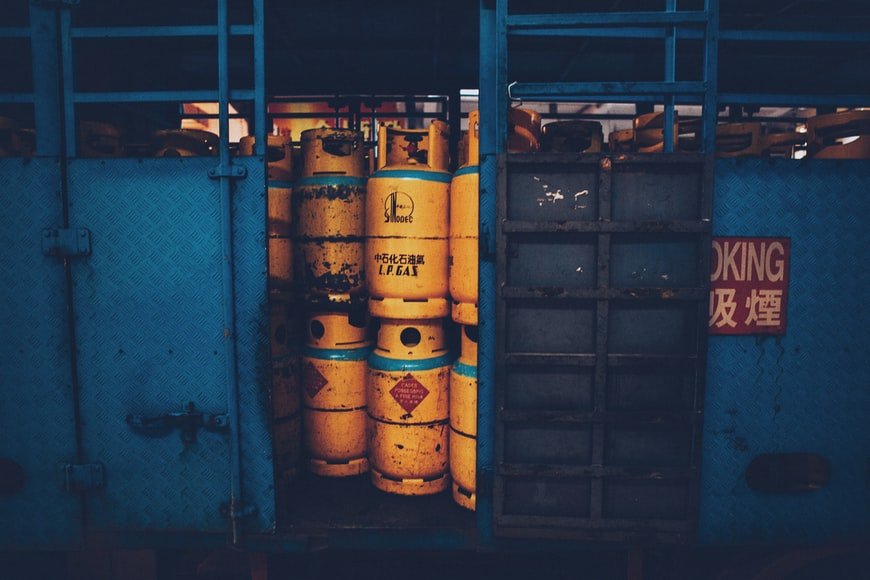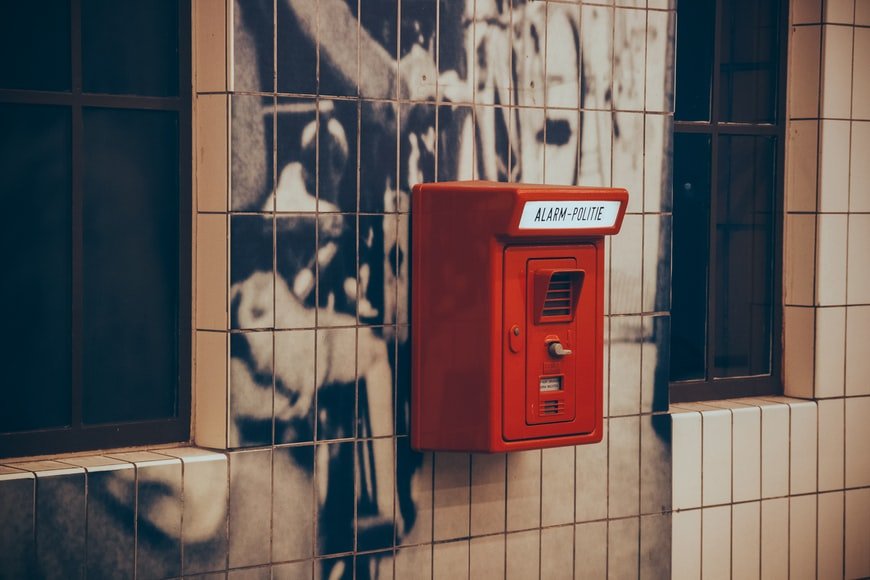The signs of gas leaking in the workplace can be subtle. Some may notice the unpleasant smell of rotten eggs or hear a hissing sound. Others may feel dizzy or nauseous as a result of carbon monoxide or toxic gas poisoning.
A gas leak at your industrial facility or commercial establishment is one of the last situations you and your employees want to be in. These leaks are dangerous for the health of your employees and the environment. They can, in some instances, cause death, explosions, and pollution.
You need to take precautions and preventive measures to help minimize or prevent the frequency of dangerous gas leaks.
Here are a few tips that you can implement in your workplace:
1. Perform Tank Maintenance
Many businesses use storage tanks to safely store extremely cold fuels, such as liquid nitrogen and liquid oxygen. If you’re using these types of containers in your facility or business establishment, make sure you maintain them properly.
If you’re maintaining a cryogenic tank, for instance, precool the container, check the neck plug for issues, have the tank cleaned and painted regularly.
2. Learn How to Check for Gas Leaks Safely
Learning how to detect gas leaks early and properly can prevent leakages from causing further harm to your employees and the environment.
If you hear the sound of gas or smell something off the moment you enter a room, check the areas in the facility that uses gas. If they show any evidence of a weird smell or sound, don’t turn on anything. Flipping a switch may cause ignition and sparks that can result in a fire.
If you need more lights, don’t search and turn on the hallway light switch. Instead, use a flashlight to illuminate the room.
What’s more, open the doors and windows if you believe that there’s a gas leak. This will allow fresh air to enter the facility, minimize the effect the gas may have on people, and reduce the chances of an explosion.
If you’re positive that gas is leaking, call the fire department or the 24-hour emergency line in your area (whichever is applicable) and notify them about the problem as soon as possible.
3. Install a Gas Leak Alarm
Your nose is an excellent detector of a gas leak. This, however, won’t be of much use if you or your employees aren’t in the office to sniff out the gas. This is especially true if everyone has to leave the workplace for the holidays.
Given that gas leaks can cause explosions and harm the environment, you need to recognize the potential leak right away and prevent it from doing further damage.
A gas leak alarm can notify you of any leak that occurs in the workplace. If you are out of the office or the facility, you’ll get a notification, which you can use to inform unaware employees in the building to evacuate the premises or follow the necessary safety measures as soon as possible.
Some state-of-the-art gas leak alarms go beyond sending text or e-mail notifications. They contact the fire department for you. This way, you have professionals who can come to your business establishment or facility right away to trace the source of the gas leak and stop it from causing further problems.
4. Keep and Reference Records
Do you remember the last time you encountered a gas leak in your facility? If you can’t, then you need to start keeping records of this incident.
When gas leaks happen to your facility or business establishment, you’ll need to keep comprehensive data related to the location, size, and extent of the leak. You’ll also have to take note of the response of the employees or the facility to the event.
Accurate and up-to-date records enable personnel to fix internal issues quickly. They also help workers make recommendations to current safety procedures to help the business for future incidents.
5. Inspect the Connections for Problems
The cause of gas leaks in the workplace can sometimes be due to poor and faulty installation of gas lines. Before you use equipment that requires gas, check for the proper installation of the gas lines. If you come across a problem, don’t forget to bring up this matter to a qualified gas installer or a Gas Safety Engineer (GSE).
6. Set Safety and Preparedness Goals in the Workplace
Workplace safety should be a priority for everyone in the organization. Educate your workers on how to act in the event of gas leakage. They need to be aware of the importance of leak detectors, the proper steps in evacuating a facility and reporting a possible leak to a supervisor or team leader.
Gas leaks can ruin the environment and threaten the long-term safety and health of employees in the workplace. Do your best to prevent these leaks from happening by taking note of these six tips.
Read Also:































